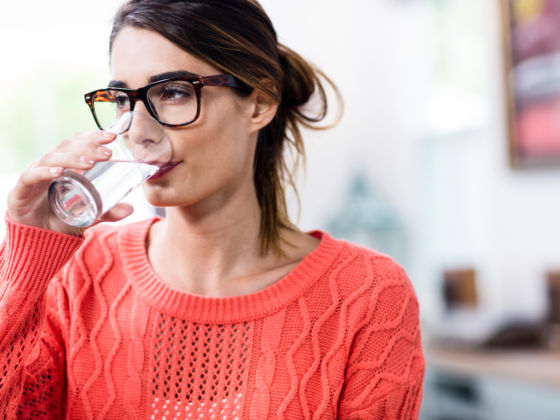We all understand the huge environmental impact bottled water is having on the planet- both in terms of food miles and the plastic (or glass) waste it creates.
However, with the World Health Organization attributing 80% of travel diseases to drinking water, in many countries simply reaching for the tap is not a safe option – that is, if you even have access to a tap.
